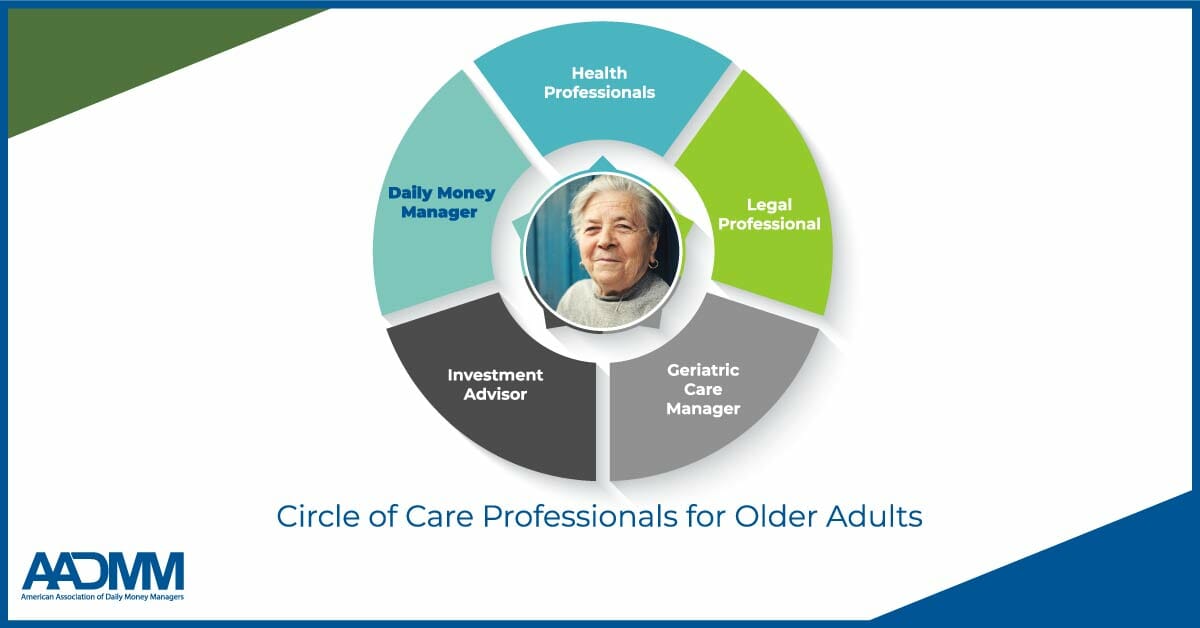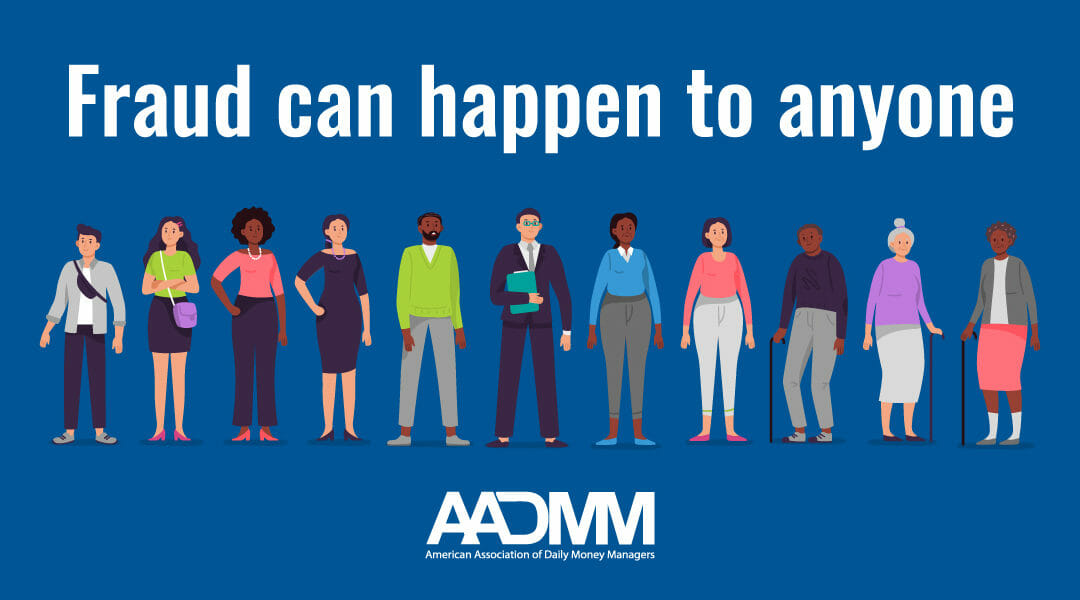
Scamming people out of their money is now a multi-billion-dollar industry. In 2021 the Federal Trade Commission received 2.8 million reports of fraud from consumers who collectively lost more than $5.8 billion. The money lost is an increase of more than 70 percent over the previous year.
Who is vulnerable to financial fraud?
Fraud can happen to anyone. Age, income, education, and level of financial literacy do not matter. While no one demographic characteristic makes one person more susceptible to fraud than another, some people are more likely to be victimized.
What factors make us more susceptible to scams?
A recent AARP National Fraud Frontiers Report, titled “A Moment’s Notice,” identified four factors that make some of us more susceptible to scams than others.
Environment
Coping with stressful events can impact our response to fraud. Stressful life events such as loss of a job, death of a loved one, illness, divorce, financial pressures, caregiving, and loneliness are examples of stressful events that make us more susceptible. It is thought that coping with such stressors uses cognitive capacity that otherwise would help us spot a scam. Fraudsters will probe for such a life event and focus their victims’ attention on it, draining even more of their cognitive power.
Emotion
When we experience strong emotions, either positive or negative, we are more likely to make unsound decisions. Scammers work to get their victims into a heightened emotional state where they can keep them off balance and easily manipulate them. At this point, it does not matter how much education or intelligence the victim has. The scammers have reduced their target’s ability to think rationally.
Exposure
Many victims of fraud have had greater exposure to scams than other people. According to the AARP report, past victims have encountered 58 percent more fraud attempts than non-victims. The report suggests that once a person has responded to a scam, they are placed on a list that guarantees more calls from other scammers. Fraud victims also tend to be more open to solicitation from strangers and are more likely to watch shopping channels, enter free drawings, listen to telemarketers, read junk mail, and purchase items from previously unknown sellers.
Lack of Support Systems
Fraud victims are more likely to be socially isolated or have family or relationship problems than non-victims. Many lack support networks and don’t know where to turn when undergoing a crisis, are lonely, or need help.
How daily money managers can help minimize fraud risk for yourself and loved ones
Daily money managers can help their clients avoid falling for scams. Daily money managers (DMMs) are financial professionals who manage personal day-to-day financial affairs for families and individuals.
Daily money managers are trusted professionals with whom you can talk about an interaction to figure out whether it is a scam. DMMs can help you understand the types of scams and identify clues that it is a scam. They can guide you on how to respond.
Setting up protections can help reduce exposure to scams. Daily money managers can:
- regularly check accounts for suspicious and unusual activity.
- help you close unused accounts, shred papers with sensitive information, strengthen passwords, and use a password manager.
- assist with putting a security freeze on your credit files and regularly obtaining your credit report to check for incorrect information or new lines of credit opened in your name.
- help identify other protection measures.

As part of a “circle of care,” daily money managers are often an integral part of a client’s support system. While DMMs do not take the place of Aging Life Care Professionals®, attorneys, financial planners, CPAs, or any professional with the Certified Senior Advisor® credential, they can help you connect with community services and other professionals.
Scammers use a consistent set of tactics such as promises of wealth, fear and intimidation, authority figure impersonations, and a sense of urgency to whip their victims into a heightened emotional state where they cannot think rationally. Understanding this and turning to a daily money manager for support and protection measures can help you avoid falling victim to a scam.
Resources
- New Data Shows FTC Received 2.8 Million Fraud Reports from Consumers in 2021
- Consumer Sentinel Network Data Book 2021
- Stressful Life Events May Increase Our Susceptibility to Fraud
- Emotions Increase Susceptibility to Fraud in Older Adults
- How to Protect Yourself From Common Scam
- How To Avoid a Scam
- 11 Ways to Protect Yourself From Fraud in 2021
- What is Aging Life Care™?
Robyn Young is Certified Daily Money Manager (CDMM®) and owner of Money Care, LLC in Williston, Vermont, specializing in busy professionals and high-net-worth families and individuals. Connect with Robyn on LinkedIn.












